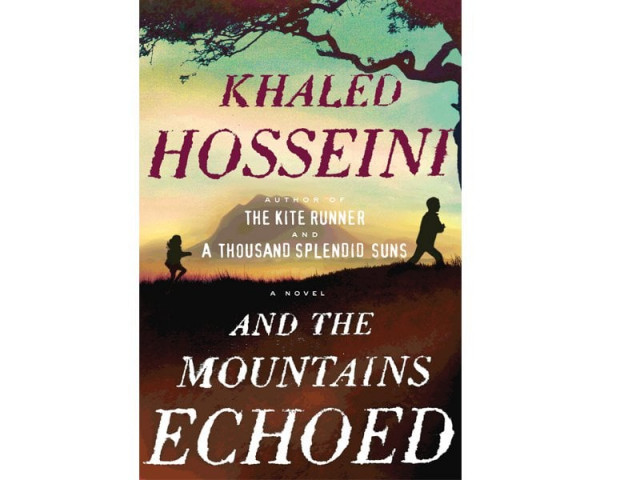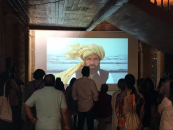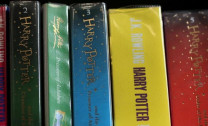Book review: Bonds, breaking and re-building
Khaled Hosseini’s new work examines the family unit against the backdrop of a nation.

As time passes, Abdullah continues to pine for his sister but Pari under the spell of her adoptive mother, Afghan-French temptress, Nila Wahdati, is whisked to places of her mother’s choosing. Decades later in the narrative we experience similar heartbreak over the rupture of separation when Saboor’s youngest son, Iqbal comes home from Jalozai. The place where once the sweetest grapes grew has been razed and a “narco palace” has been built on top of his ancestral home. Pari and Abdullah are eventually re-united but not before they travel various parts of the world and meet with other pairs of characters: friends and siblings, cousins and strangers, masters and caretakers, all of whom define how family may be shaped and re-shaped.

With this novel, Hosseini attempts at a sweeping tale covering the continents of Europe, the Americas and Asia. However, the storytelling is at its best when the narrative is grounded in Afghanistan. Most interesting of the peripheral narrative arcs is the camaraderie between the teenagers Adel and Gholam, but their friendship is short-lived as each is essentially his father’s son. Their relationship highlights inter-Afghan relations between exploiter and exploited. Beautifully rendered is the story of Nabi and his employer, Suleiman Wahdati, for whom Nabi becomes not only the household driver but also a caretaker, a companion and a partner of sorts. While some of the peripheral arcs seem to digress from the central narrative, this is a novel of absences and of reconstructions. Just as Pari’s exclusion from her father’s home creates a void for her siblings, Thalia’s face being bitten off by a dog leaves behind only the suggestion of a face. Roshi’s face disfigured by her uncle allows Hosseini to address not only Taliban-spearheaded violence but also domestic violence. Second generation Afghan-Americans, Timur and Idris, are borne out of Hosseini’s own experiences as an Afghan returning home after a long hiatus in the West. Overall the book engages both in the range of storytelling and in the core examination of the bonds of siblinghood.
Postcards from the edge
A Fort of Nine Towers
by Qais Akbar Omar (2013)

As homes were looted and rockets launched in Kabul during the Afghan civil war, Qais and his family were forced to take shelter in the abandoned Qila-e-Noborja. Narrated by Qais, this is a brave coming-of-age memoir. It is a story of living through personal and political hardship but emerging stronger and more determined in the end.
Persepolis: The Story of a Childhood
by Marjane Satrapi (2003)

Persepolis is a graphic novel in which Satrapi recounts growing up in Iran during the Islamic revolution from ages six to 14. With a wonderfully precocious way of looking at the world, Satrapi’s book is not only humourous but also points to a society under transformation in which public life and private life are performed quite separately from each other.
A Bed of Red Flowers: In Search of My Afghanistan
by Nelofer Pazira (2005)

Pazira is an Afghan-Canadian film-maker and journalist. This memoir documents her life and that of her family in Soviet-occupied Afghanistan in the late 1970s, their crossing over to Pakistan and later being given refugee status in Canada. Post 9/11, Pazira returns to Afghanistan in search of her childhood friend, Dyana.
Published in The Express Tribune, Sunday Magazine, June 16th, 2013.
Like Express Tribune Magazine on Facebook, follow @ETribuneMag on Twitter to stay informed and join the conversation.



















COMMENTS
Comments are moderated and generally will be posted if they are on-topic and not abusive.
For more information, please see our Comments FAQ